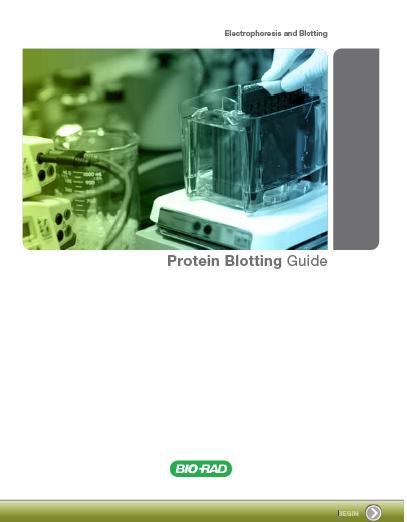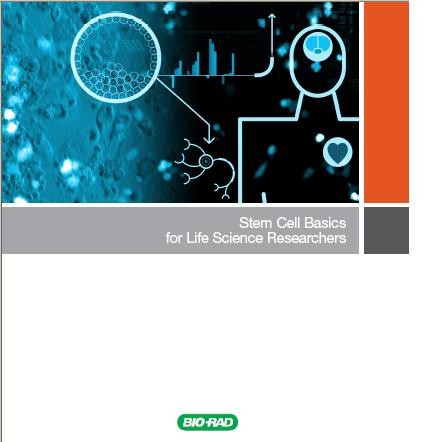Researchers at the University of Georgia have taken a major step in the ongoing effort to find sources of cleaner, renewable energy by mapping the genomes of two originator cells of Miscanthus x giganteus, a large perennial grass with promise as a source of ethanol and bioenergy.
Changsoo Kim, a postdoctoral research associate in the UGA Plant Genome Mapping Laboratory, identified a set of approximately 600 bits of Miscanthus DNA that can serve as diagnostic tools. The next step is to determine which pieces of DNA are diagnostic of genes that can make the plant an even better biofuel crop.
Tags: genomics















